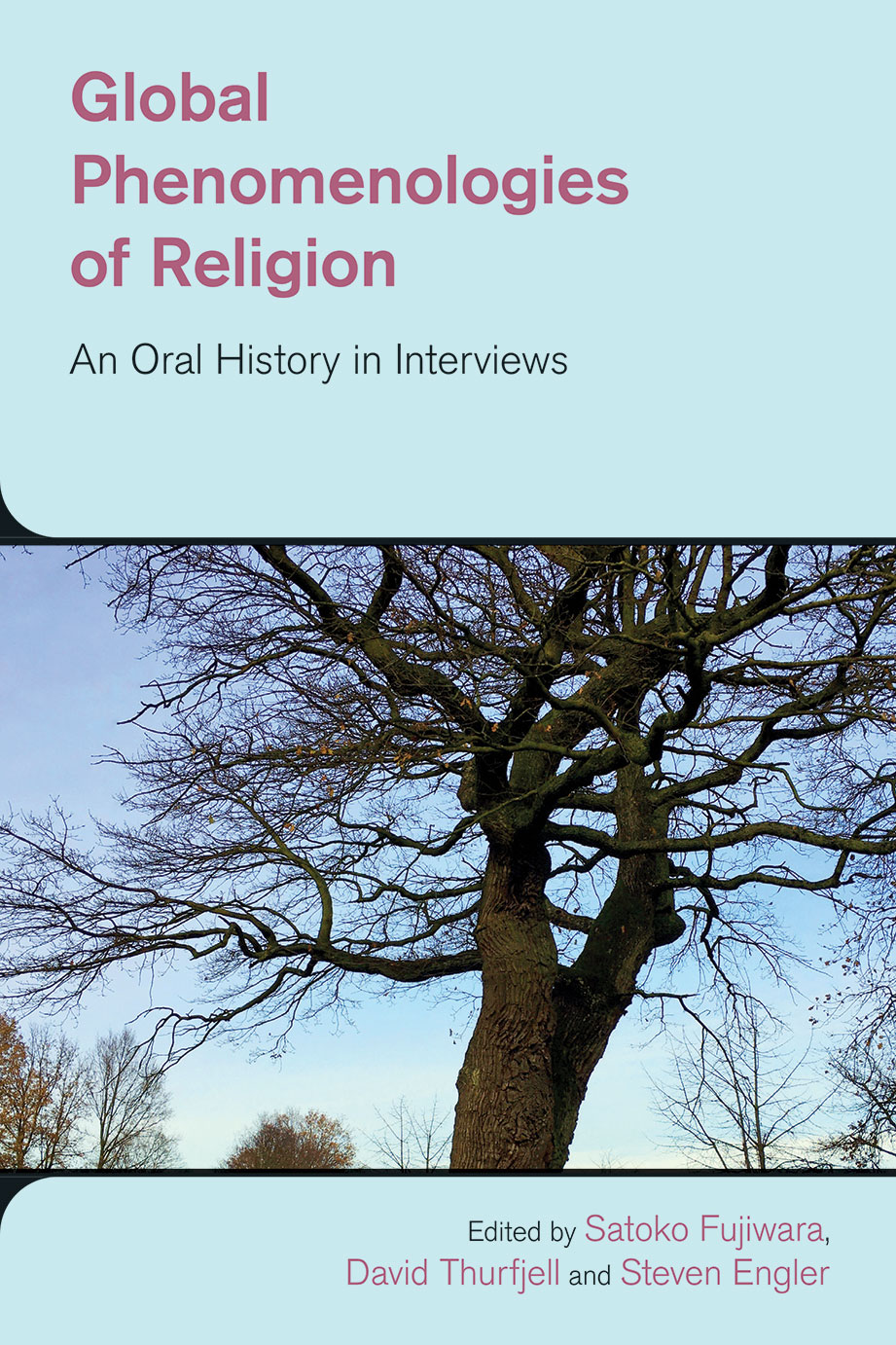Global Phenomenologies of Religion

ID: 2824 - View Book Page - Edit In OJS
Global Phenomenologies of Religion offers a new way of looking at the past, current and future trajectory of the study of religion. The phenomenology of religion was once widely acknowledged to be the core of the study of religion as an autonomous discipline. First used as a term by the Dutch scholar Chantepie de la Saussaye in 1887, it was developed by Gerardus van der Leeuw in the 1930s and 40s, became popular in the 1960s and 70s and then met severe criticism, virtually disappearing by the beginning of the twenty-first century.
This book adds to our global understanding of the history of the study of religion. Interviews with scholars from ten different countries offer a lived history, covering more than half a century. The resulting picture is diverse and nuanced, revealing important national and regional differences, and challenging long-held views about the rise and decline of this venerable approach to the study of religion.
Published: Mar 24, 2021
Series
Reviews
Global Phenomenologies of Religion offers a different way of looking at the past, and retrospective reinterpretations can in fact open up new ways of looking at the future. This new perspective also allows one to appreciate the opening lines of the book: “Phenomenology is dead; long live phenomenology of religion!” (1). I would recommend this book to scholars or graduate students interested in the history and development of the field of religious studies in a global context, and its possible futures.
Reading Religion
To the extent that Global Phenomenologies of Religion offers a different way of looking at the past, and retrospective reinterpretations can in fact open up new ways of looking at the future, this new perspective also allows one to appreciate the opening lines of the book: “Phenomenology is dead; long live phenomenology of religion!” (1). I would recommend this book to scholars or graduate students interested in the history and development of the field of religious studies in a global context, and its possible futures.
John Matthew Allison, PhD student, Department of Religion, Rice University